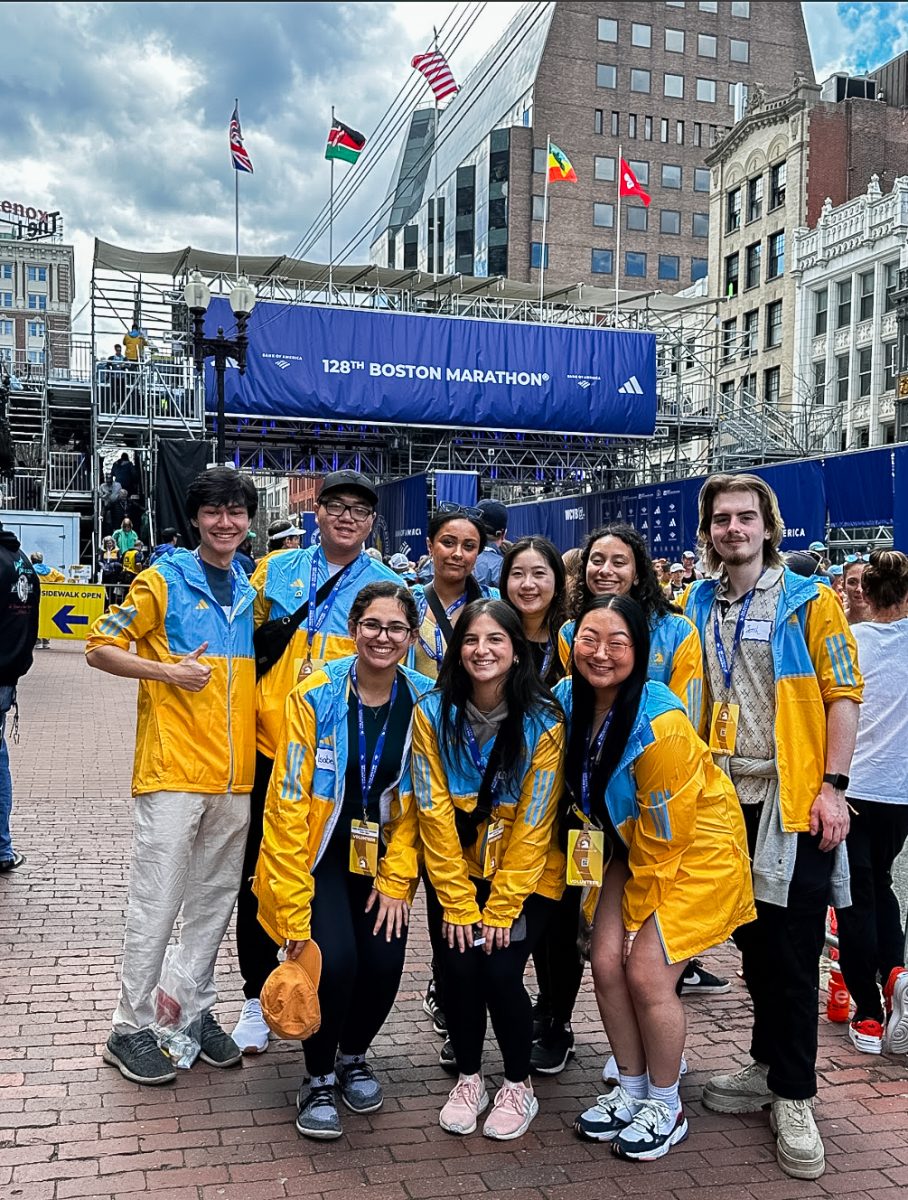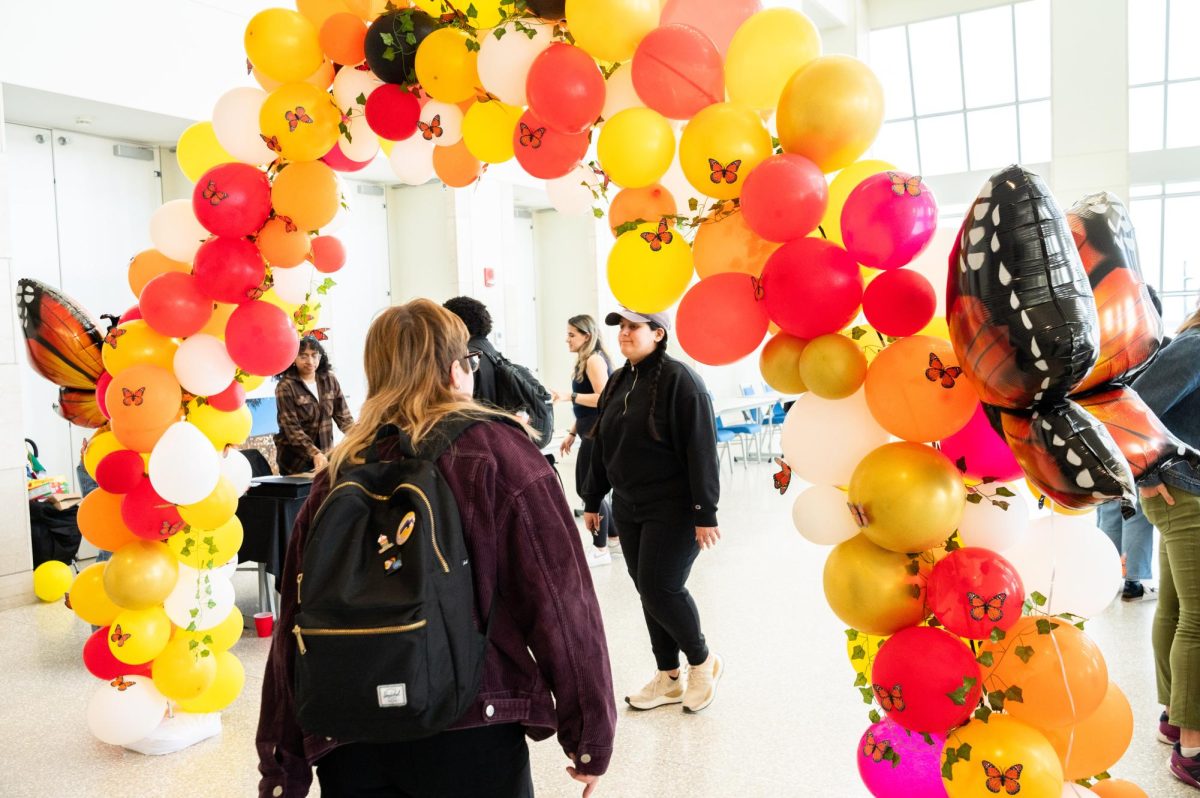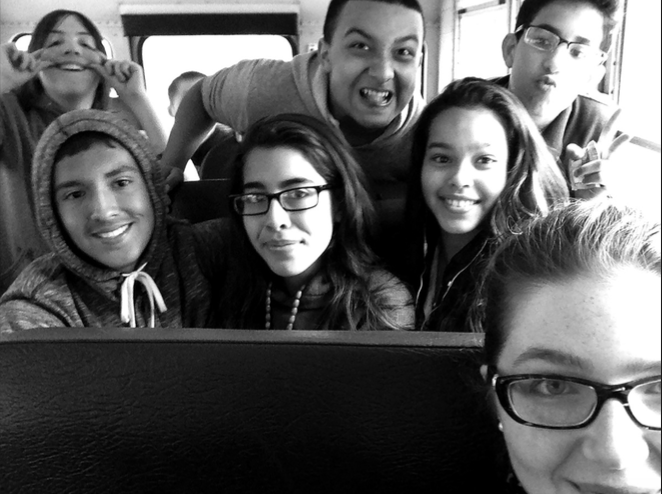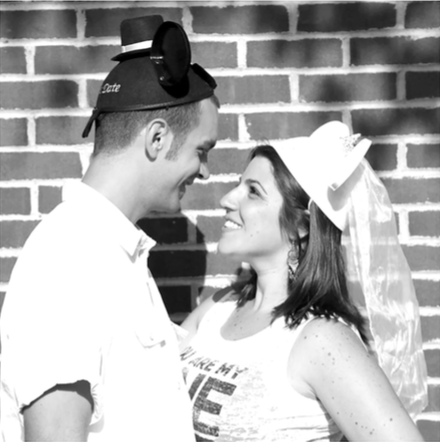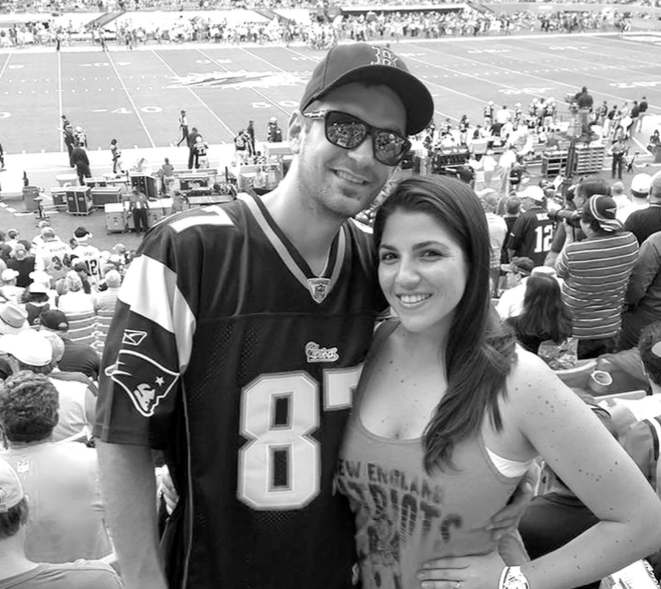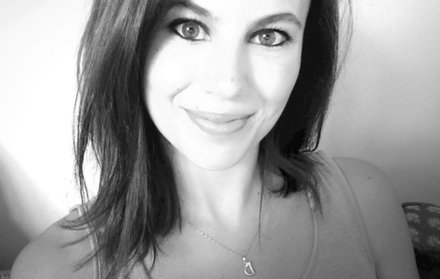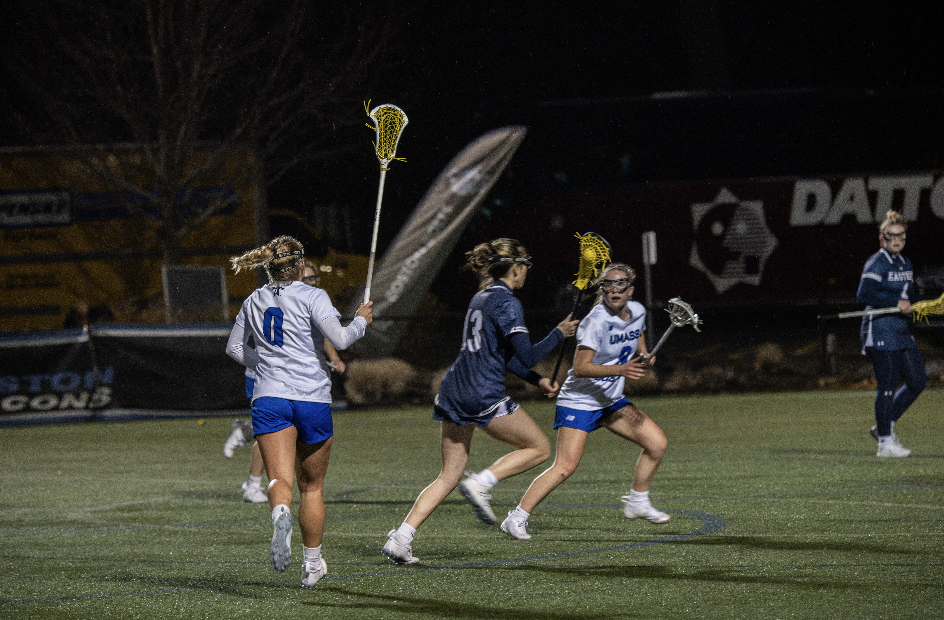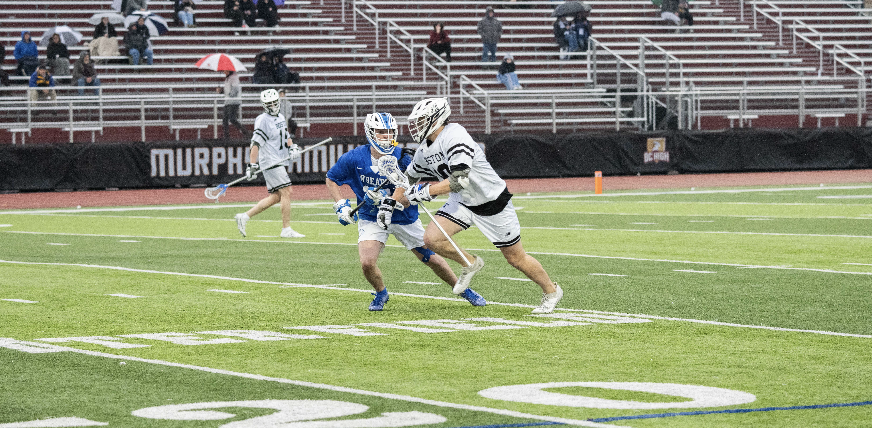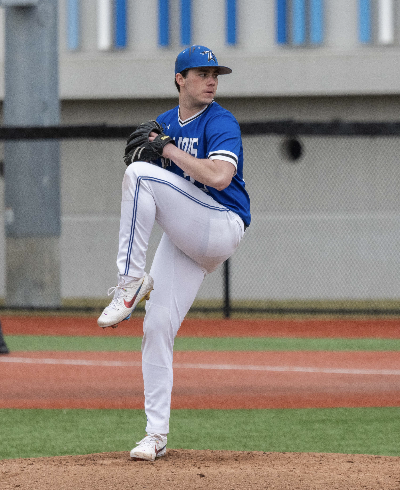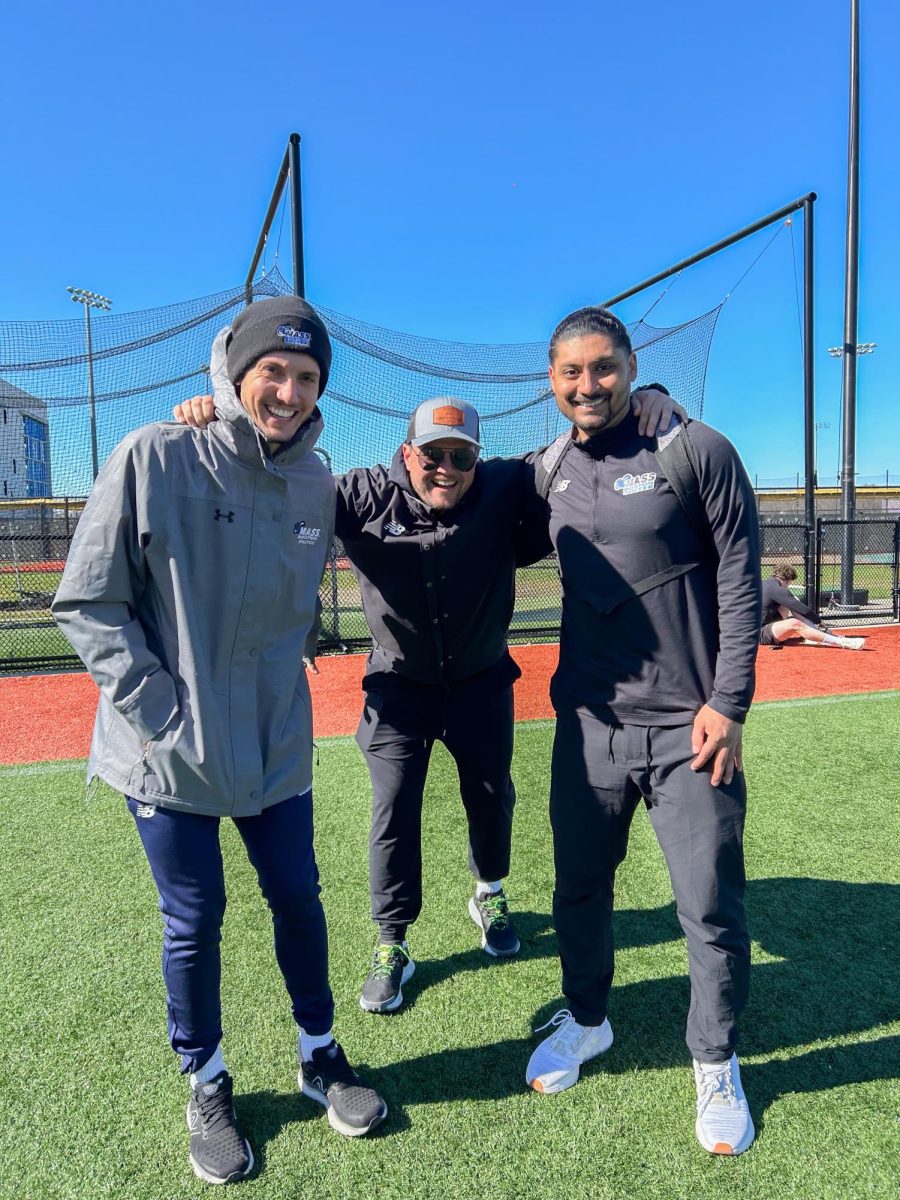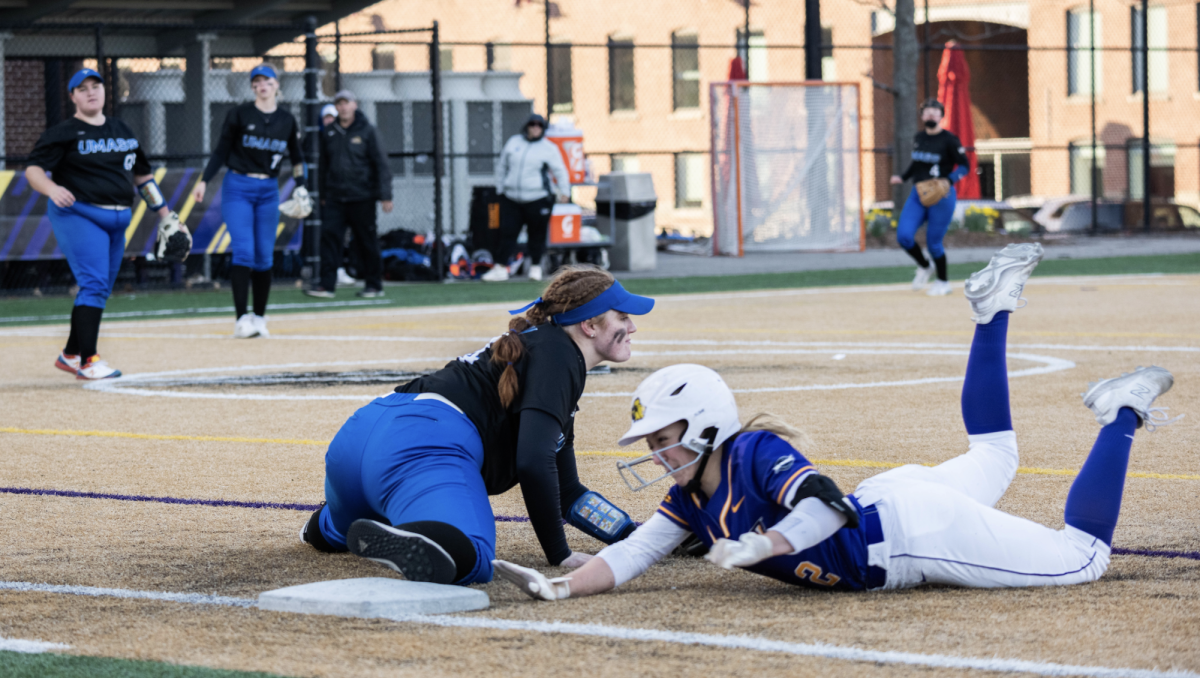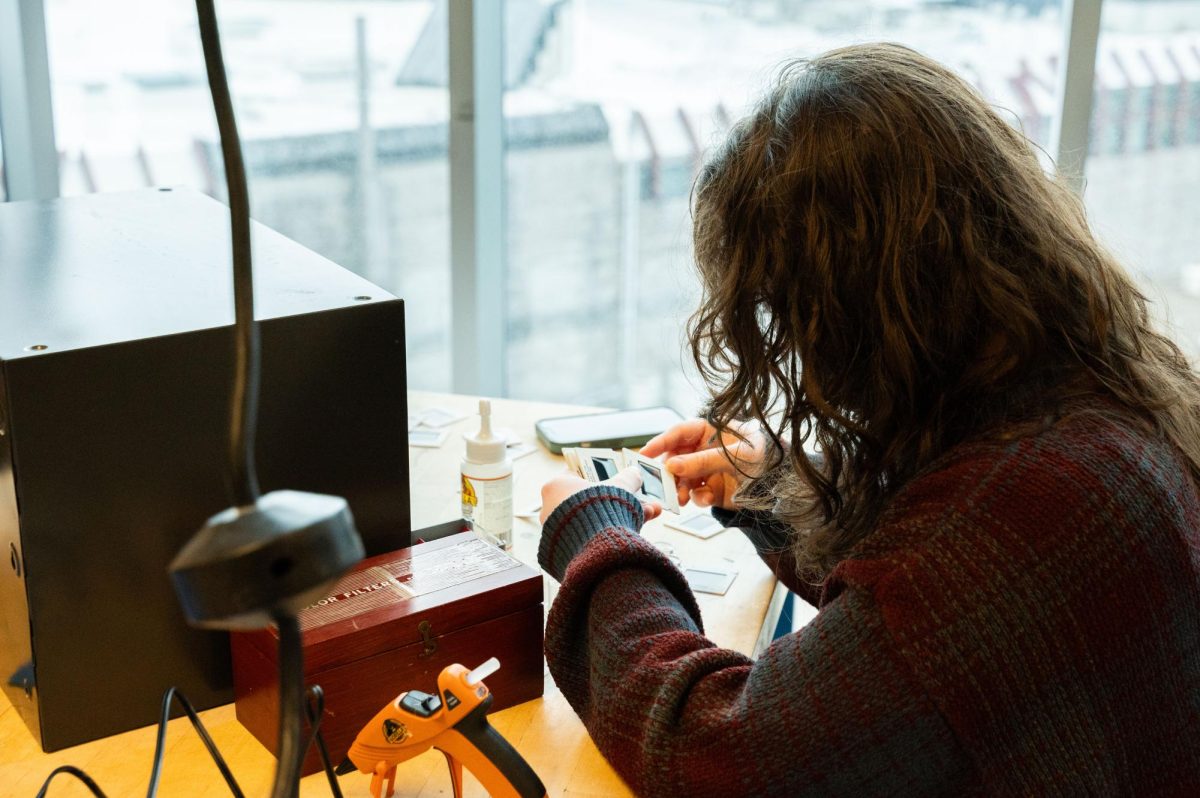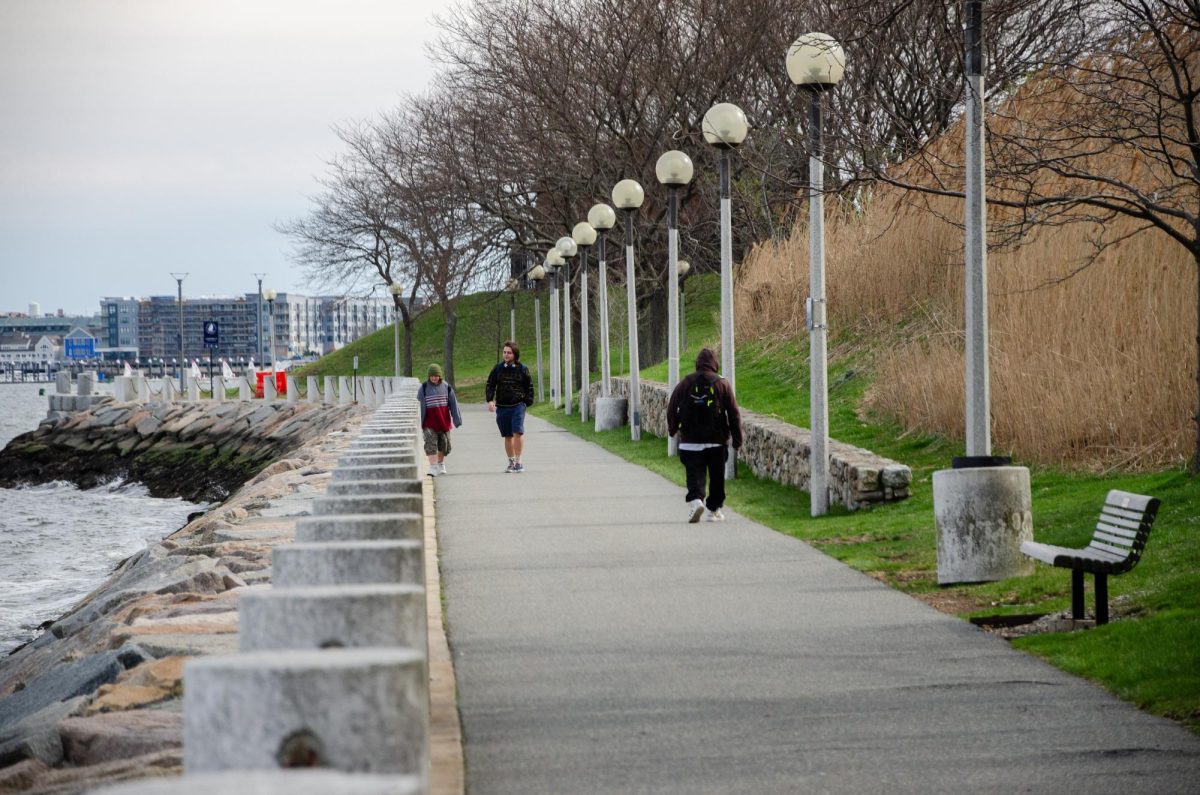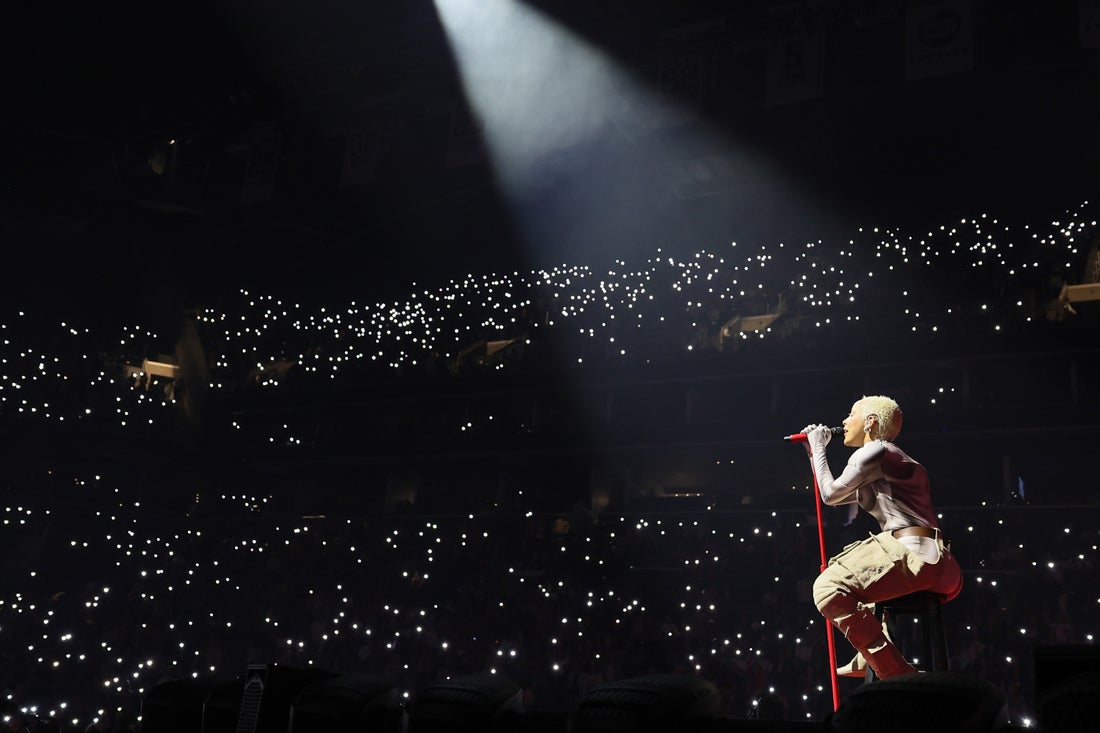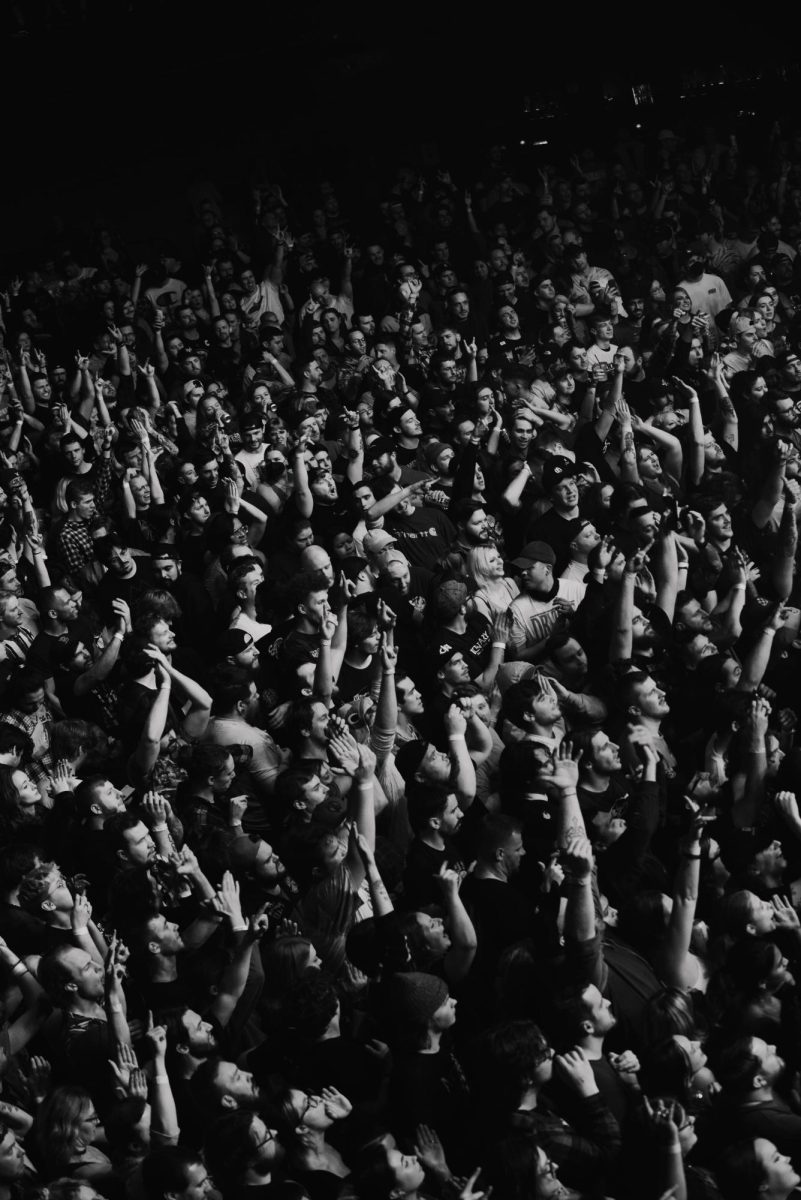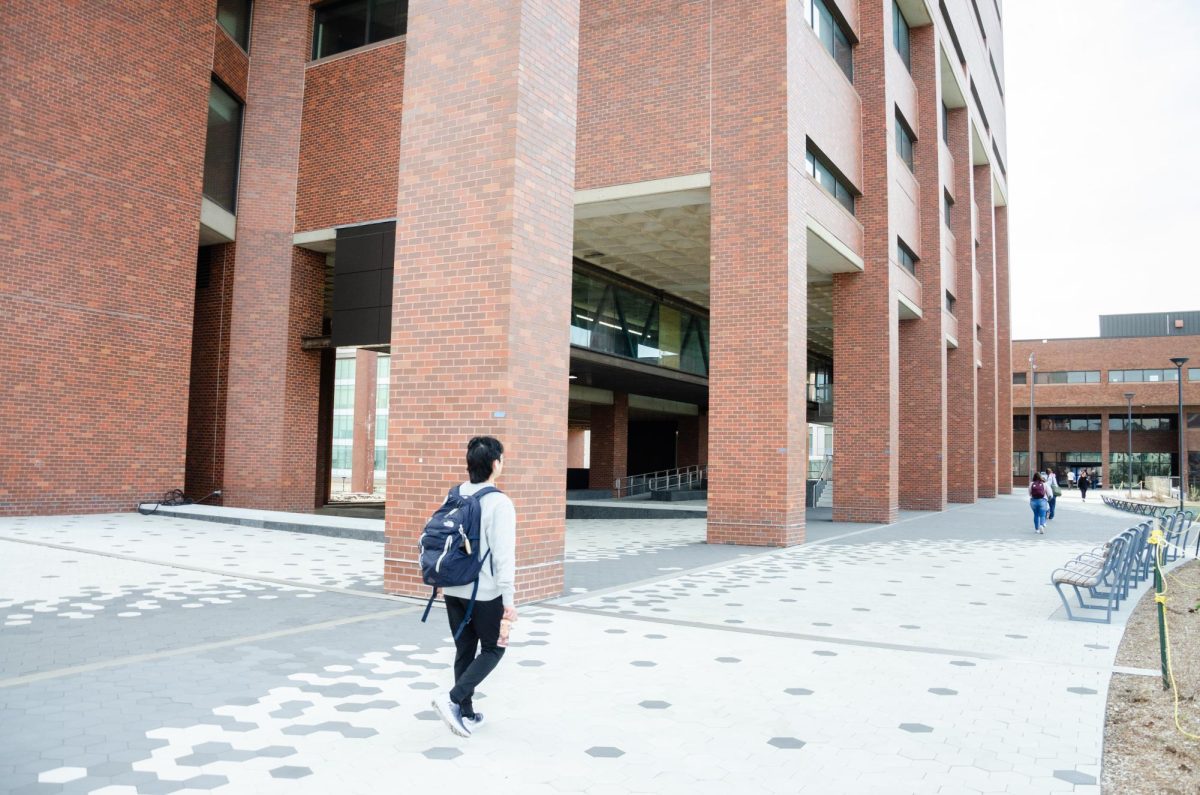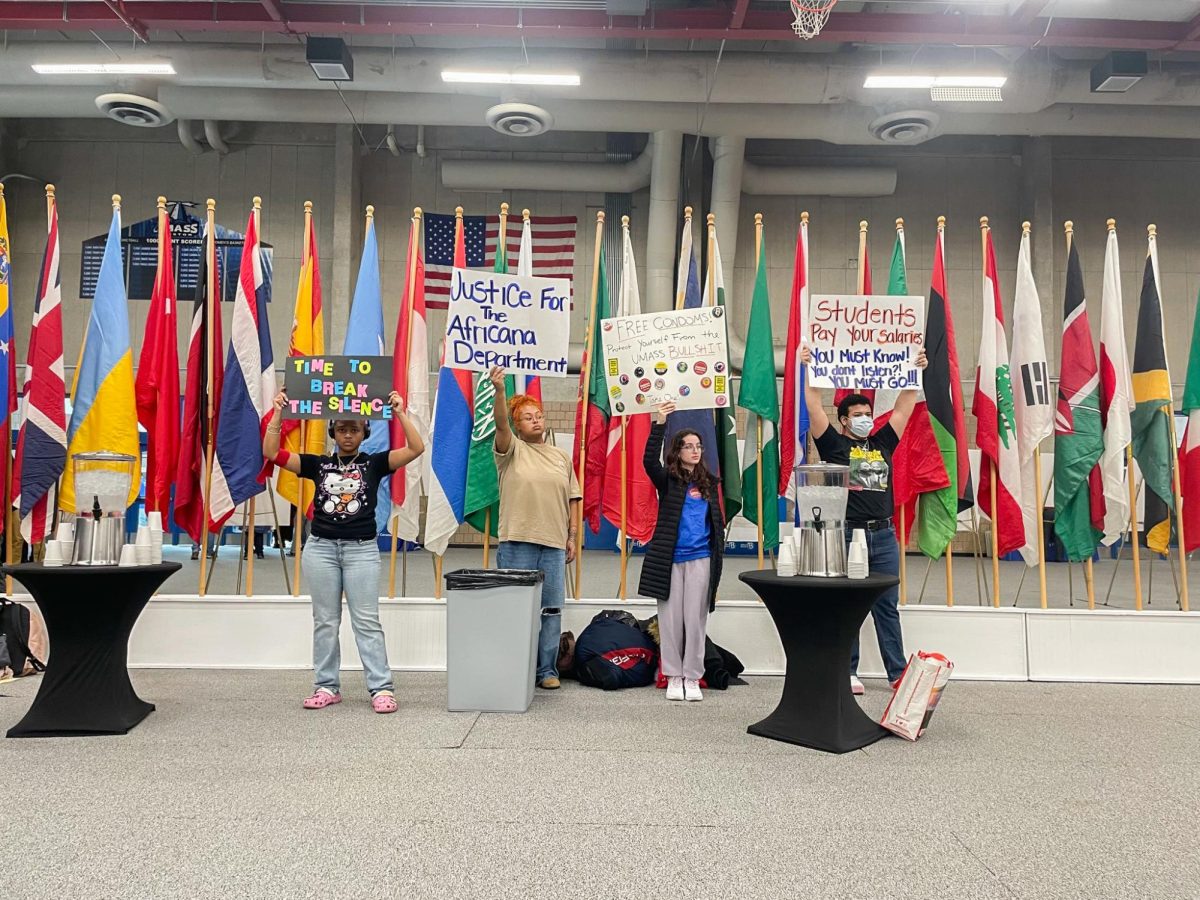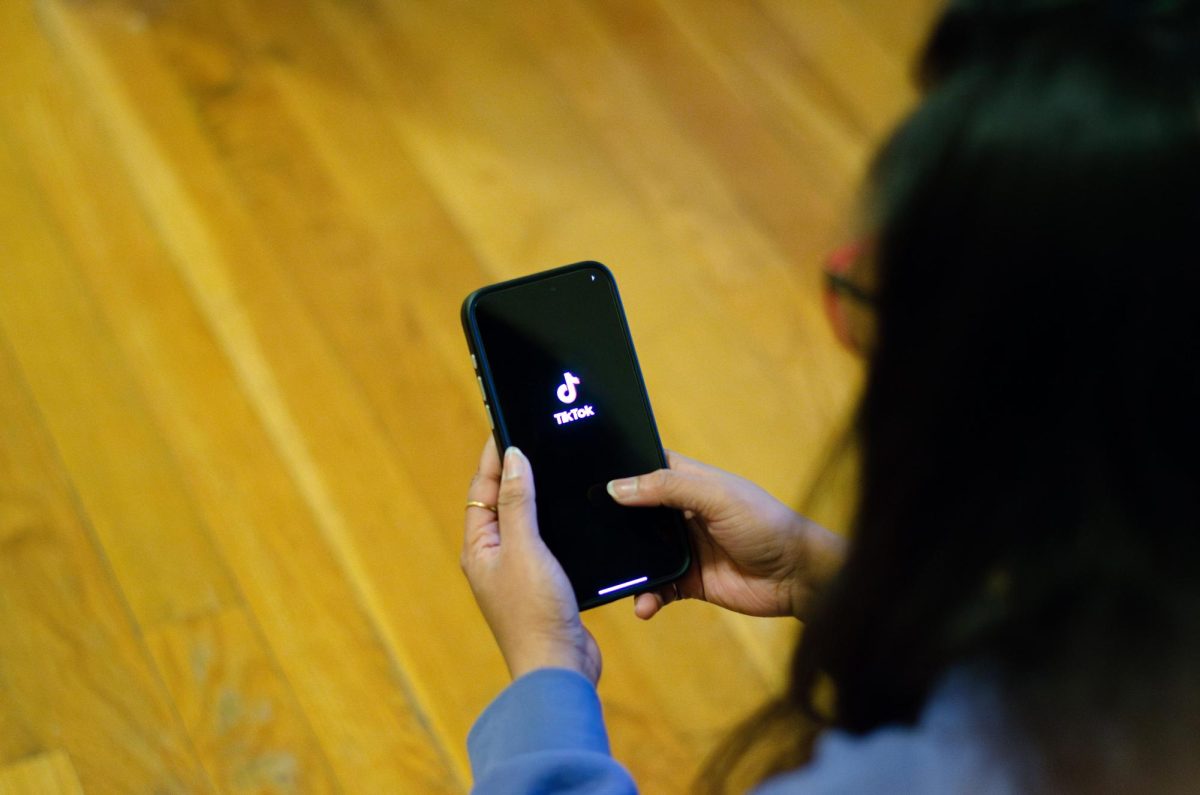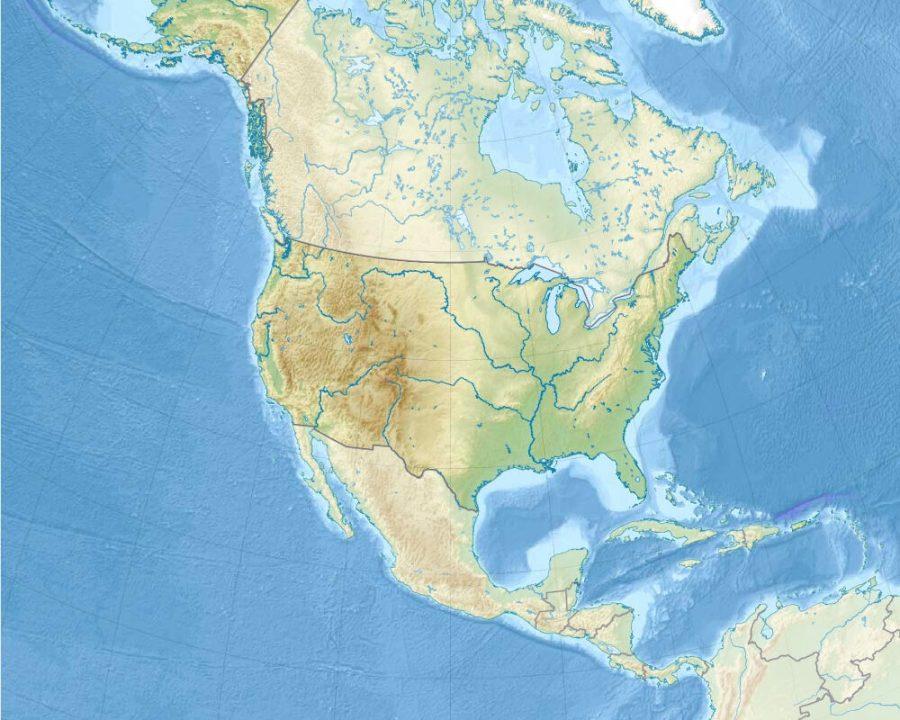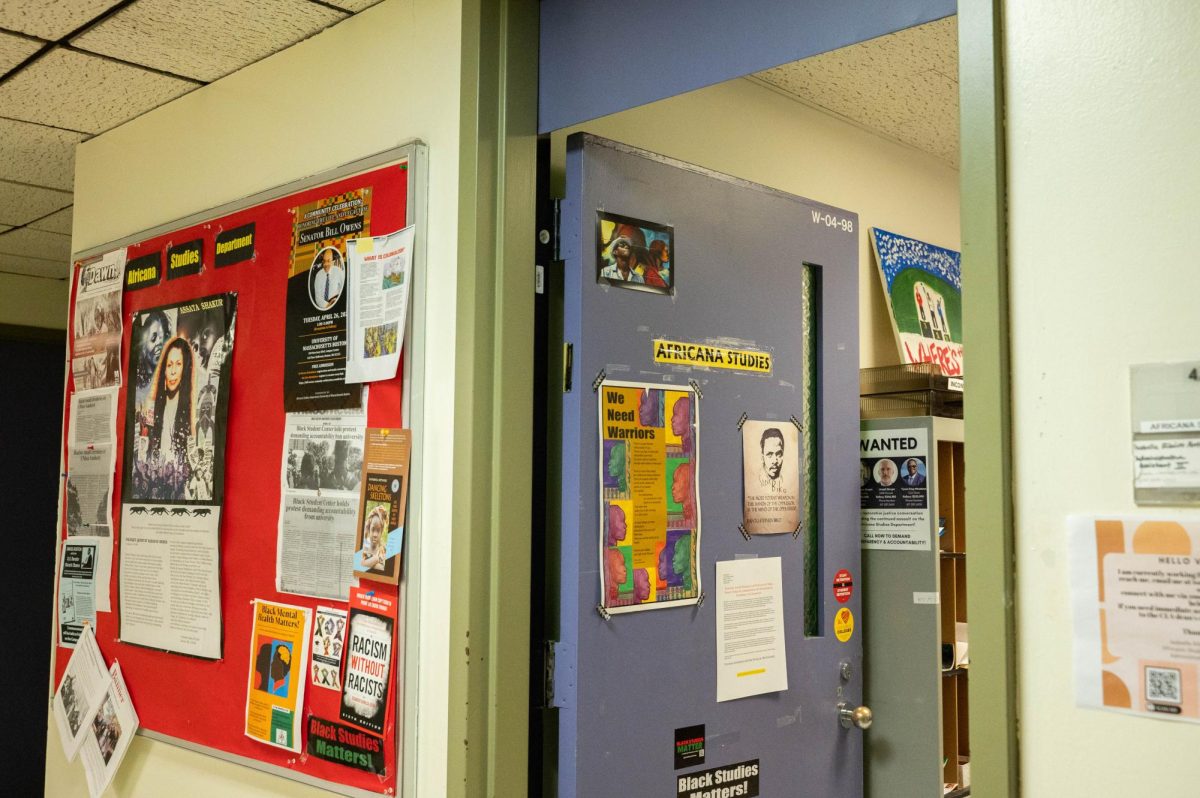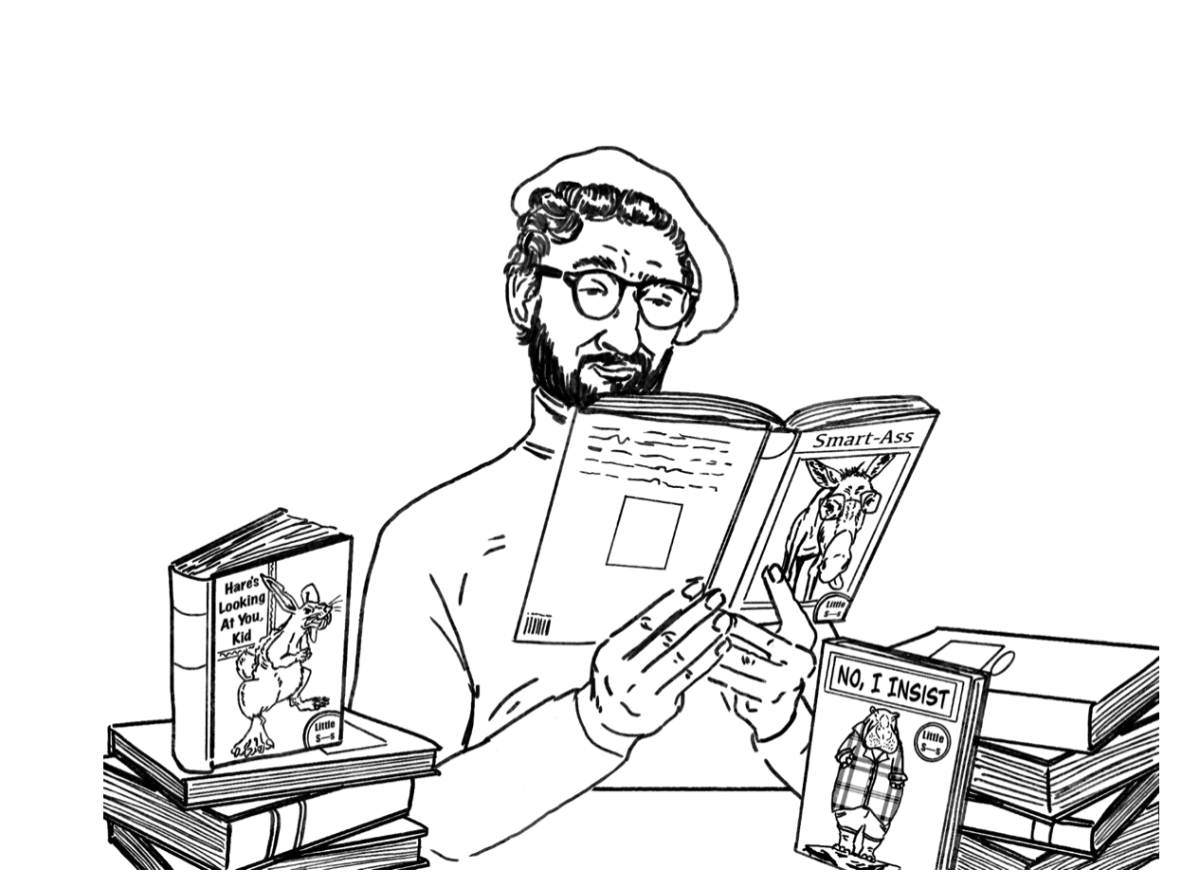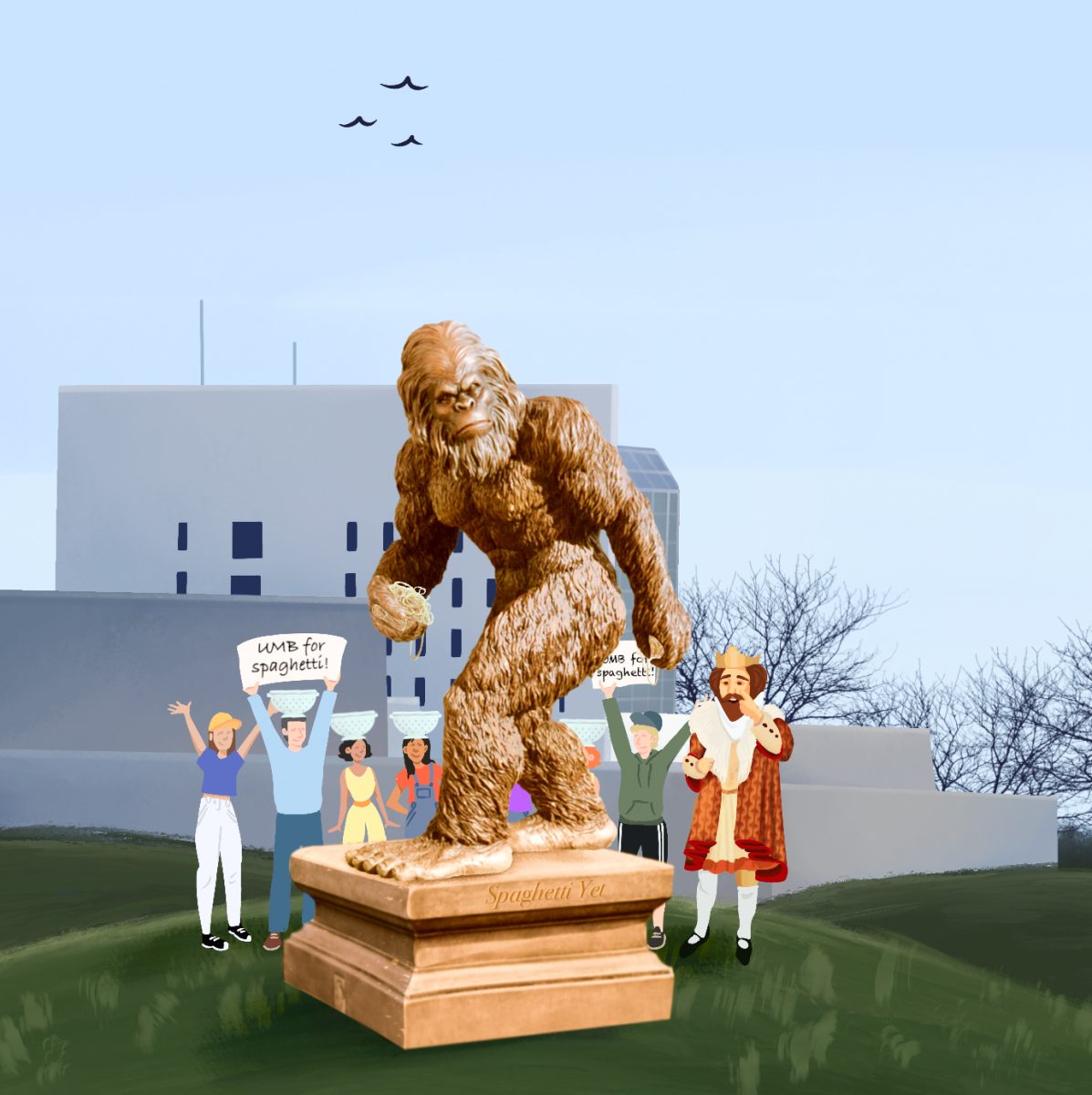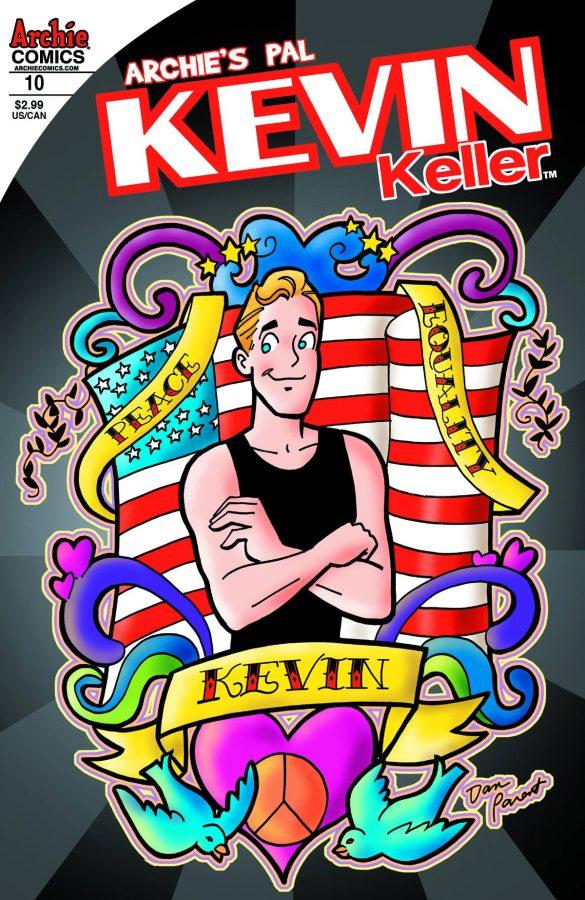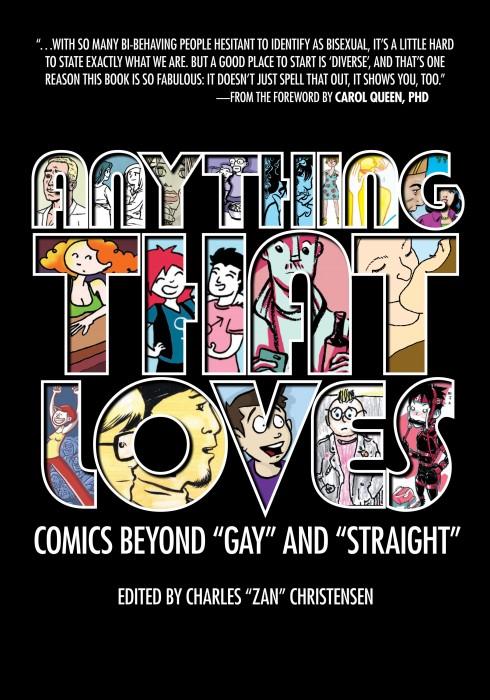It’s no secret that nerd culture is generally hostile to anyone non-white and non-male. Attempts to challenge the sexualization of women in games and comics, for example, have long met with vocal opposition, some violent. But not all of Nerdom and Geekery are as heteronormative as the mainstream media reports.
In fact, LGBTQ characters and themes have long held a place in the comics industry — not always securely, and certainly on the margins, but as our social and legal culture is growing to recognize LGBTQ rights, so too are comics embracing homosexual, bisexual, transgendered, and queer lives.
In 1954, German-born Fredric Wertham published “Seduction of the Innocents,” a direct attack on the comics industry. Werthem argued that comics of the late 1940s and early 1950s were corrupting children’s psychiatric health and causing delinquency. His book led to U.S. Senate hearings and ultimately the creation of the Comics Code Authority, a censorship board for the comics.
Homosexuality was among Wertham’s many targets. He believed, for example, that Wonder Woman comics expressed BDSM themes and that she was a lesbian. Additionally, Wertham labeled Batman and Robin’s crime-fighting partnership gay. In an era when homosexuality was considered a mental health issue, the government was particularly afraid of its presence in children’s reading material, and the Comics Code Authority banned any mention of homosexuality or gay themes.
But nerds always find a way. As the underground comix scene exploded in the late 1960s and 1970s amid the potted-up counterculture movement and racial strife of the period, LGBTQ themes found a home. By the mid-1970s gay and lesbian comix became a medium for discussing LGBTQ rights, culture, and sex in a safe space. Comix like “Gay Heart Throbs” and “Gay Comix” were a hidden means of cultural and sexual expression that gave voice to LGBTQ communities, but which still remained largely hidden from the mainstream.
The 1980s and 1990s saw a shift in the acceptability of LGBTQ comics. American culture in general opened itself to incoming Japanese influences, which heavily shaped the gaming and comic book media. Long accepted in Japan, “yaoi,” “yuri,” and “bara” manga with explicit homosexual themes were now available in the United States.
The 1990s also saw the creation of comic book publishers like Image, Dark Horse, Malibu. Unlike DC and Marvel, these new companies gave their creators more artistic freedom, challenged and ultimately abandoned the Comic Code Authority, and led an industry-wide rise in depiction of violence, gore, sexuality, and other themes deemed “immoral” by the Code. Not surprisingly, DC and Marvel followed this trend, and it became more common for gay, lesbian, transgendered, and queer readers to see familiar faces and themes in the panels of their favorite comics.
This is not to say that things have completely opened up for LGBTQ readers of mainstream comics. Controversies still abound, like the recent announcement by Dan DiDio of DC that marriage will no longer be allowed in DC’s comics — conveniently, this announcement came some three issues after the lesbian Batwoman became engaged to her partner — or the narratively awkward announcement in “Batgirl #19” that Barbara’s roommate is transgendered.
LGBTQ characters continue to fight crime in the pages of comics while challenging heteronormativity in American culture. But superheroes aren’t the only ones with LGBTQ lives in comics: Indie, alternative, and non-superhero comics also support and feature LGBTQ casts and themes. Archie Comics, which has been around since 1939, added the openly gay Kevin Keller to their cast in 2010, and in August 2013 issue 10 of his eponymous series became the first Archie-world comic to feature a gay kiss — and was the first Archie Comics issue to ever sell out.
LGBTQ characters, themes, and creators have long held a place in the comics industry. At times marginalized to underground movements after the backlash of moral panic, gay, lesbian, transgendered, and queer characters continue to gain recognition among major publishers and fans, and even at their own presses, like Northwest Press.
The growth and widespread availability of “gay” comics in the U.S. and the world signals a positive cultural turn toward the recognition of LGBTQ rights, while detailing the particular struggles of queer people and communities worldwide.
An anthology of comics dealing with gay and bisexual romance.


